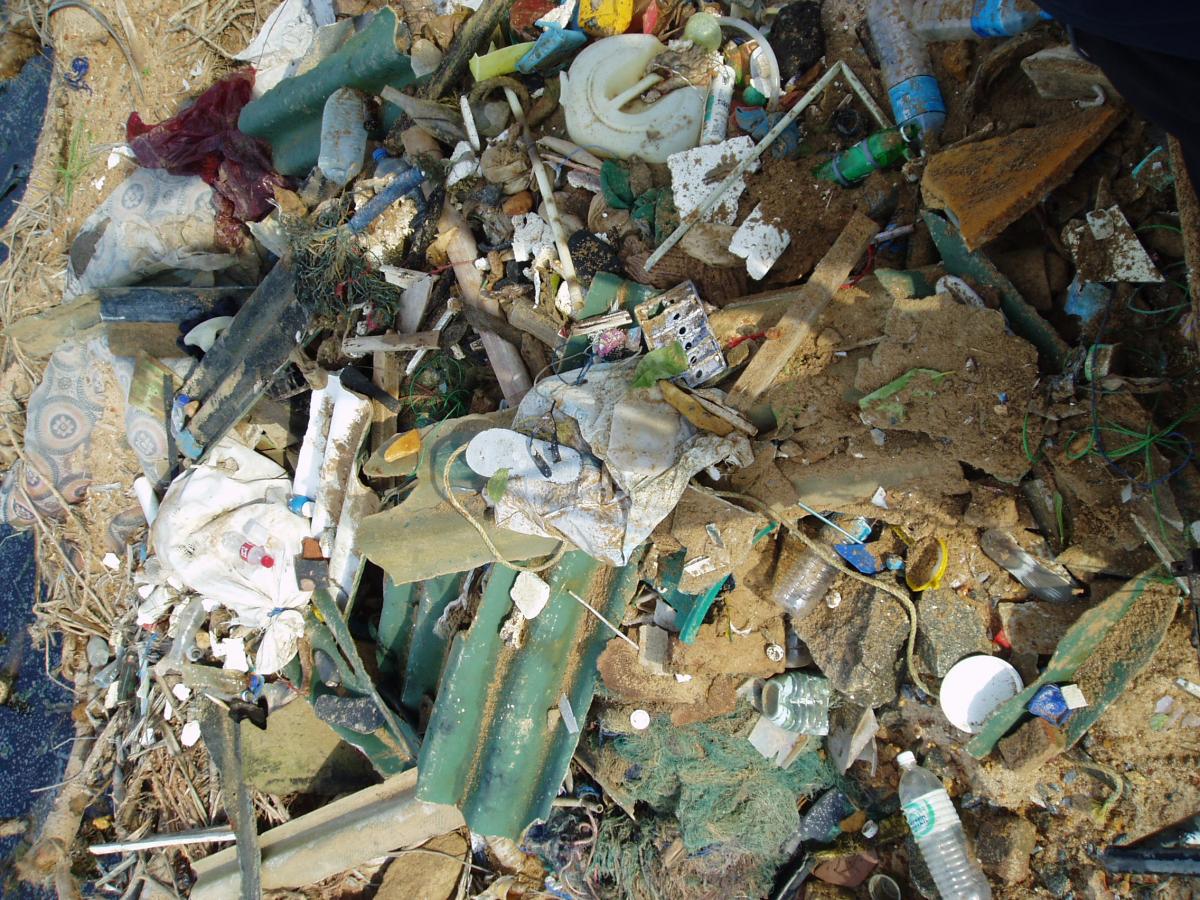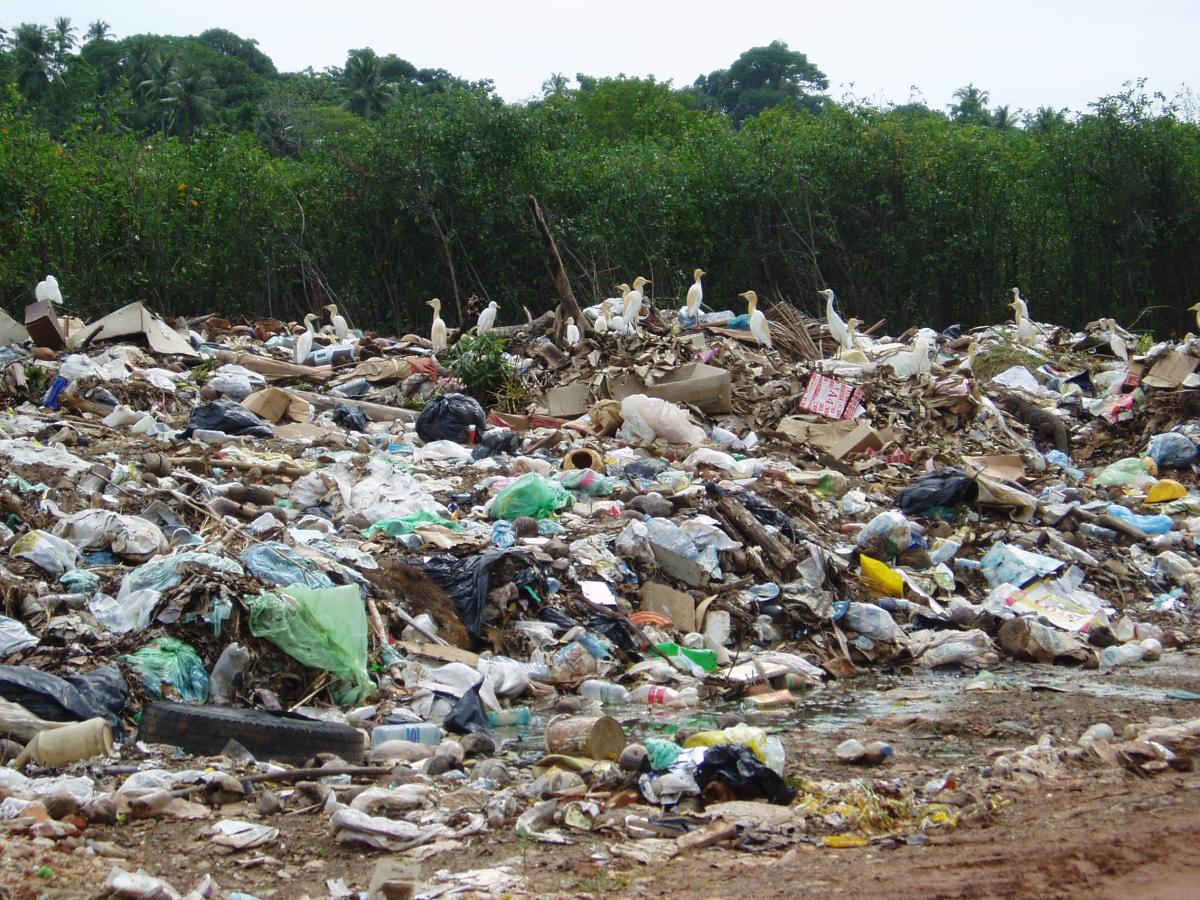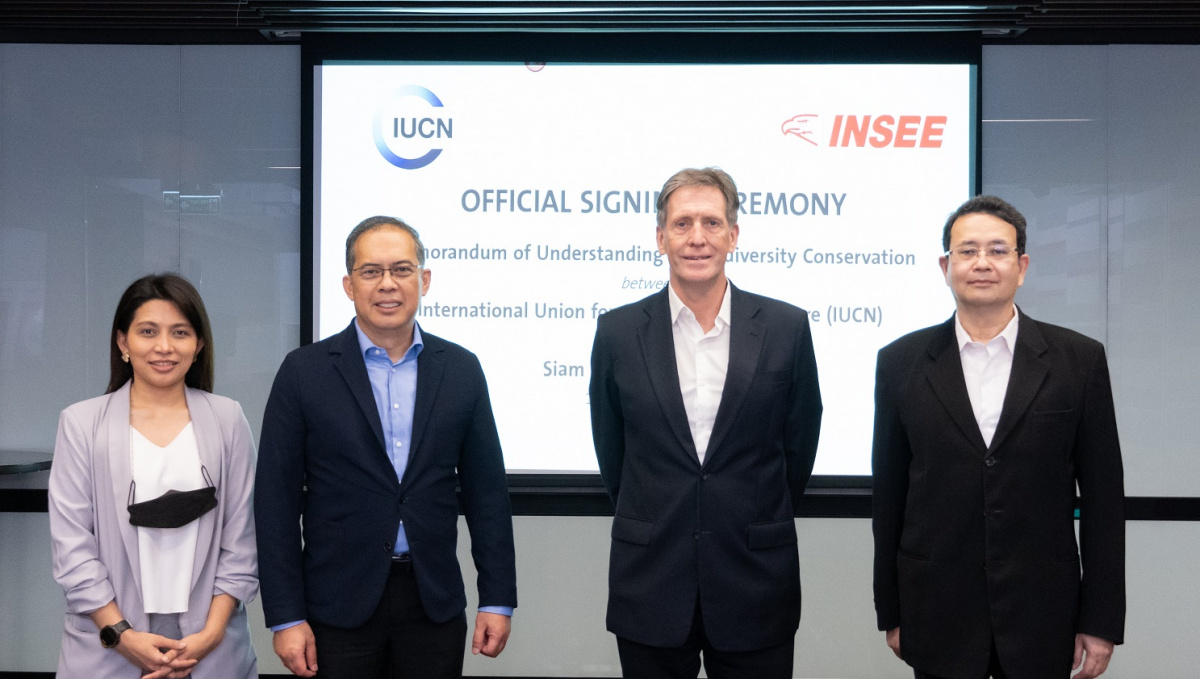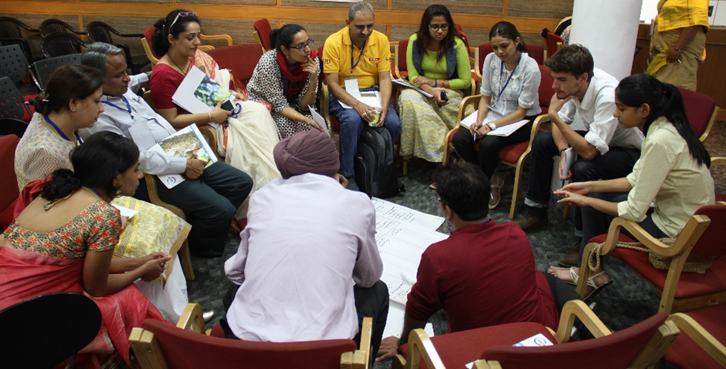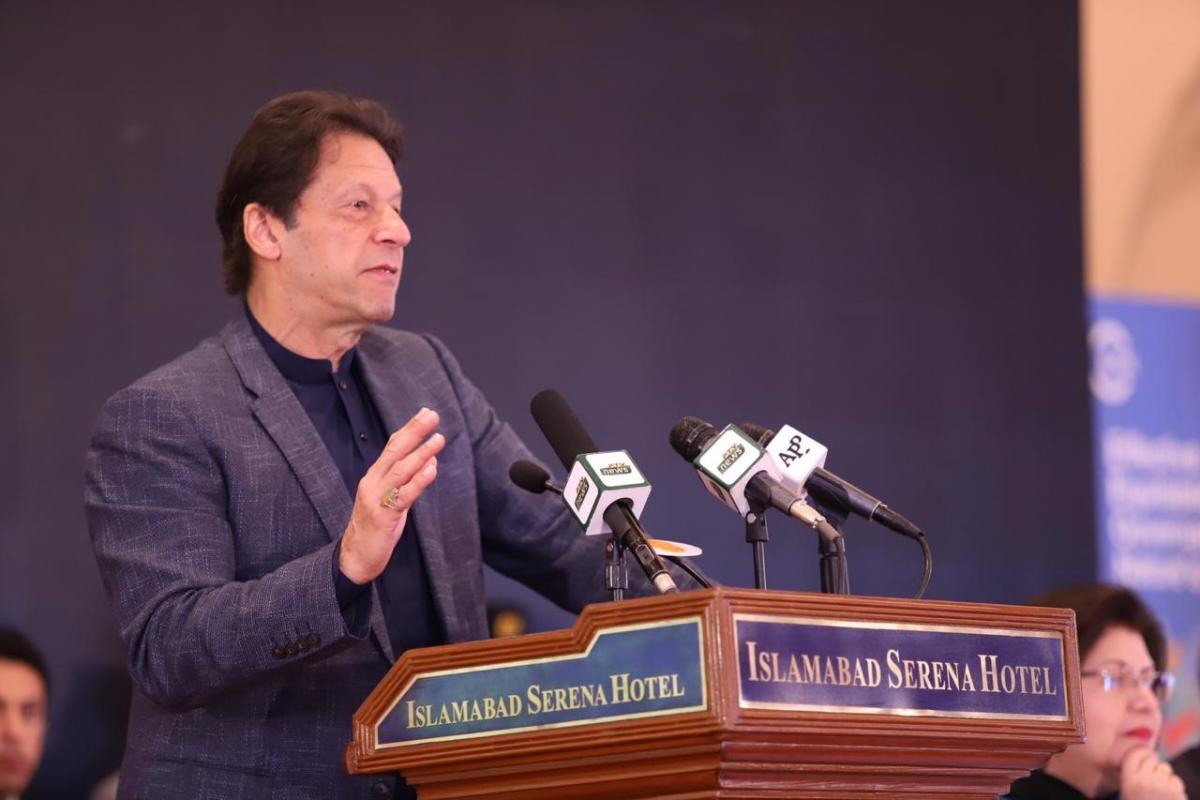Innovative and collaborative: The future of plastic waste management in Sri Lanka
Plastic has become an essential part of life nearly everywhere in the world. Its durability, malleability, light weight and low production cost makes it one of the most widely-used material on the planet, which, in turn, has led to equally-widespread consequences for the environment.
The global production of plastic is currently estimated to be around 300 million tons per year, while plastic pollution in the marine environment alone is estimated to be around 9.5 million tons, with a staggering 1.5 million tons ending up in the ocean annually (Primary Microplastics in the Oceans, 2017). To combat this growing issue that adversely affects all living things and contributes to environmental degradation, many countries are seeking ways to reduce the use of plastic using various technologies and methodologies.
In Sri Lanka, the government imposed a deposit refund policy and a tax on plastics, which proved to be untenable and detrimental to economic development. The private sector cited difficulties with the deposit refund scheme in particular, due to the logistical challenges of engaging over 200,000 retailers across the country to take up collections of plastic and packaging, use hygienic and safe storage practices, and properly refund deposits.
A more pragmatic approach was required, so IUCN Sri Lanka proposed the ‘polluter pays, by way of Extended Producer Responsibility (EPR)’ principle. For this approach, the plastic producer is fully responsible for the product it creates, and bears the burden of properly recovering and recycling the product after disposal.
With financial support from USAID, and in collaboration with the Ceylon Chamber of Commerce, the ERP approach will be implemented through a Public-Private-Partnership (PPP) model involving plastic producers and importers, the government (including local governments), recyclers, and consumers.
The proposed PPP model will manage, support and enable the EPR approach through policy development, education and awareness-raising, training and capacity building, monitoring and evaluation of progress, and promoting innovation. The intended target of the PPP is to raise the collection and recycling rate for polyethylene terephthalate (PET) plastics – the most common type of recyclable plastic – from 20% to 85% in three years.
The EPR approach will link closely with the National Waste Management Policy that is currently being updated.
To support the implementation of the EPR system, IUCN, with support from Mangroves for the Future and funding from the private sector, will carry out a detailed study to define an operational system for the western province, which reports the highest use of plastics in Sri Lanka. The trust established between IUCN and the government of Sri Lanka during the initial development of the EPR proposal has allowed for considerable operational flexibility, which bodes well for the effectiveness of the study.
Next steps include a pilot programme to establish 10 central collection and processing centres in the Western Province. The data collected will be used to develop detailed operational guidelines to enable the EPR approach to be expanded and executed throughout Sri Lanka. Both public and private sectors will jointly provide resources to establish this pilot initiative.
Set to be fully implemented in early 2018, the ERP approach is predicted to be a win-win for all parties. It will lead to the reduction of health hazards by enhancing air, water and soil quality; conserve biodiversity; improve the local and global image of the Sri Lankan environment; enhance tourism; and bring economic advantages through material and energy recovery.
Mangroves for the Future (MFF) is a partnership-based regional initiative which promotes investment in coastal ecosystem conservation for sustainable development. MFF focuses on the role that healthy, well-managed coastal ecosystems play in building the resilience of ecosystem-dependent coastal communities in Bangladesh, Cambodia, India, Indonesia, Maldives, Myanmar, Pakistan, Seychelles, Sri Lanka, Thailand and Viet Nam. The initiative uses mangroves as a flagship ecosystem, but MFF is inclusive of all types of coastal ecosystem, such as coral reefs, estuaries, lagoons, sandy beaches, sea grasses and wetlands. MFF is co-chaired by IUCN and UNDP, and is funded by Danida, Norad, and Sida and the Royal Norwegian Embassy in Thailand.
